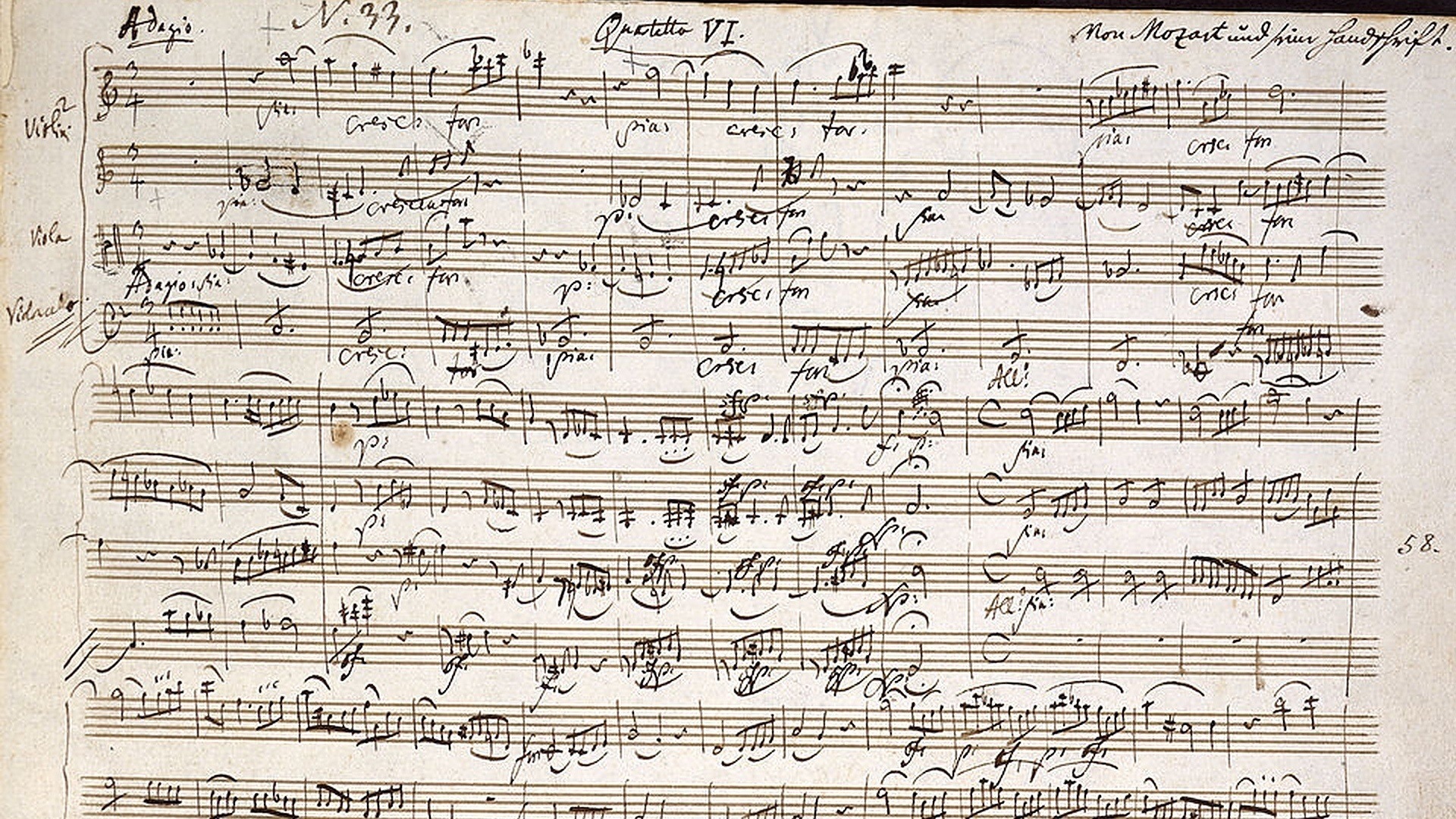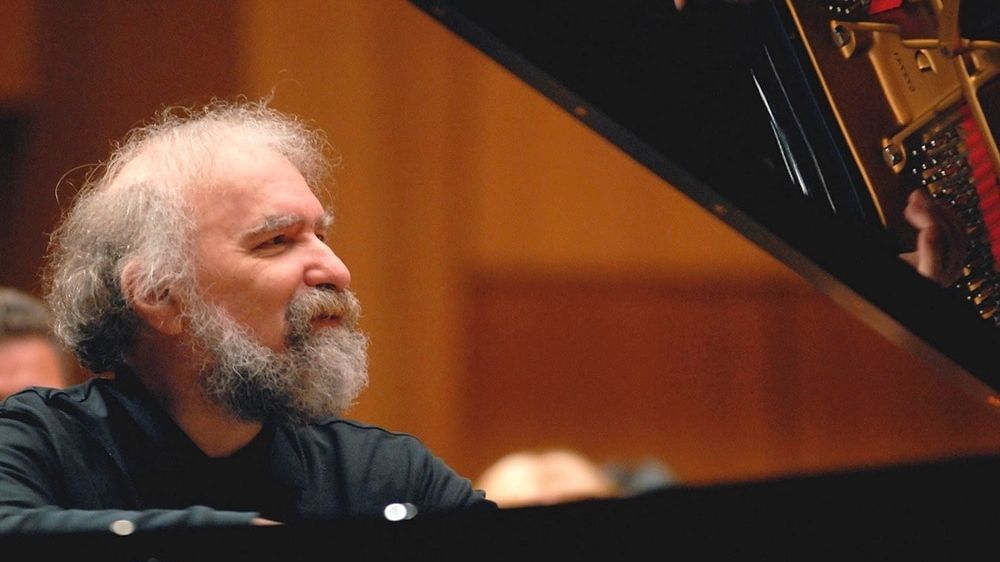Mozart’s “La Clemenza di Tito” Overture: Music for a Coronation
During the final year of his life, Mozart was extraordinarily productive. In the months leading up to his illness, and eventual death on December 5, 1791 at the age of 35, Mozart completed a series of works including the Clarinet Concerto, K. 622, a final String Quartet, K. 614, the motet Ave verum corpus, K. 618, and the operas Così fan tutte and The Magic Flute. The monumental Requiem in D minor remained unfinished until …







